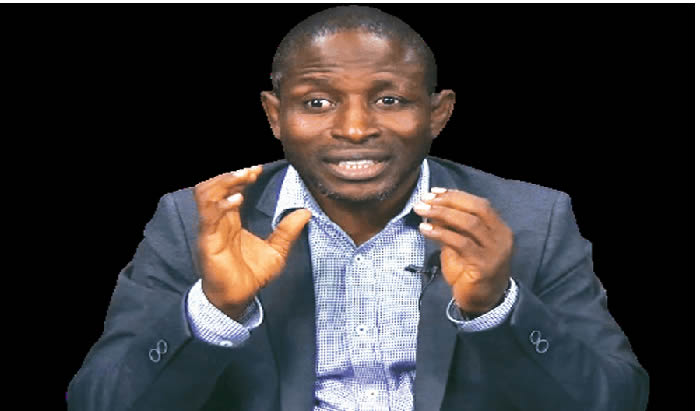The Nigerian Wrestling Federation (NWF) has found itself embroiled in a visa dispute with Croatian authorities, casting a shadow over the participation of four Nigerian wrestlers in the 2025 World Wrestling Championships in Zagreb. NWF President Daniel Igali, a renowned figure in the wrestling world, has penned a strongly worded letter to the President of United World Wrestling (UWW), appealing for urgent intervention to overturn the visa denials. The affected athletes, Mercy Genesis, Ogunsanya Christianah, Ojo Hannah, and Izolo Simon, all stand as accomplished wrestlers with proven track records, ranging from recent continental title wins to Olympic representation. The Croatian authorities’ justification for the refusal, citing concerns about the athletes’ potential return to Nigeria, has been met with sharp criticism from Igali, who decries the decision as unjust and misplaced, particularly given the athletes’ official accreditation, government funding, and the established protocols surrounding international sporting events.
Igali’s letter highlights the significant impact of these visa denials on the athletes’ careers and the broader principles of fair play in international sport. He emphasizes the athletes’ dedication and years of rigorous training, arguing that denying them the opportunity to compete based on unfounded assumptions constitutes a direct assault on their dreams and sacrifices. The athletes, he asserts, are not mere tourists but accredited representatives of their nation, invited by the UWW and supported by their government. He underlines the importance of the World Championships as a crucial stepping stone towards the Los Angeles 2028 Olympic Games, arguing that their exclusion would irreparably damage their prospects and send a detrimental message about the inclusivity of global sporting events.
Furthermore, the NWF president raises concerns about the potential for discriminatory practices within the international sporting arena. The visa denials, he argues, risk creating a two-tiered system where athletes from certain regions, particularly Africa, face unfair barriers to participation. This, he warns, undermines the very principles of equality and opportunity that underpin the Olympic spirit and international competition. He calls for a swift resolution, urging the UWW President to exert his influence and ensure that the Croatian authorities rectify their decision, allowing the Nigerian wrestlers to compete. The looming departure date of the Nigerian team, scheduled for September 13, 2025, adds urgency to the appeal.
Igali’s letter stresses the gravity of the situation, emphasizing that anything less than full participation by the Nigerian team would not only diminish the credibility of the Championships but also tarnish the values upheld by the global wrestling community. He portrays the visa denials as a symptom of a larger problem, raising fundamental questions about fairness, inclusivity, and the right of all athletes to compete on a level playing field. He calls for a decisive response from the UWW, emphasizing the importance of protecting the integrity of the sport and ensuring equal opportunities for athletes from all nations.
The visa dispute shines a light on the challenges faced by athletes from developing countries, particularly in Africa, when navigating international travel regulations for sporting events. It highlights the need for greater understanding and cooperation between national authorities and international sporting bodies to ensure that athletes are not unfairly penalized due to their nationality or perceived risk of overstaying visas. The case of the Nigerian wrestlers underscores the potential for discriminatory practices, whether intentional or inadvertent, to undermine the spirit of fair play and create barriers to participation for deserving athletes.
The NWF president’s appeal to the UWW President serves as a call to action, urging immediate intervention to rectify the situation and allow the Nigerian wrestlers to compete. It underscores the importance of upholding the values of equality, opportunity, and inclusivity in international sport, emphasizing that the integrity of global competitions depends on ensuring a level playing field for all athletes, regardless of their national origin. The outcome of this dispute will likely have implications beyond the immediate case, potentially influencing future visa policies for athletes and shaping the dialogue surrounding fair participation in international sporting events.


